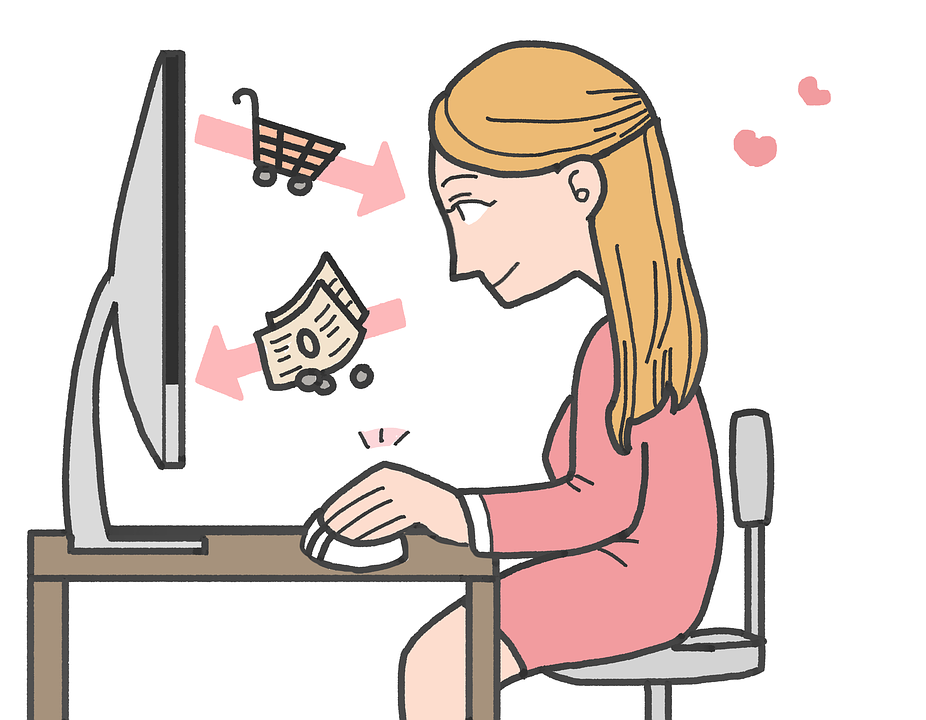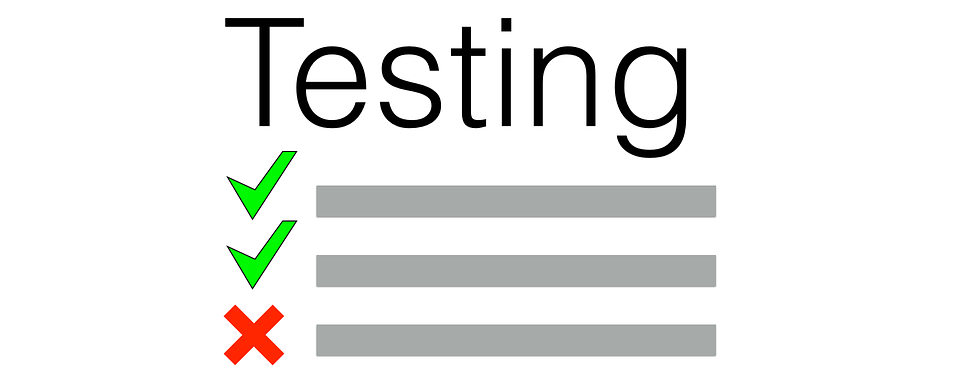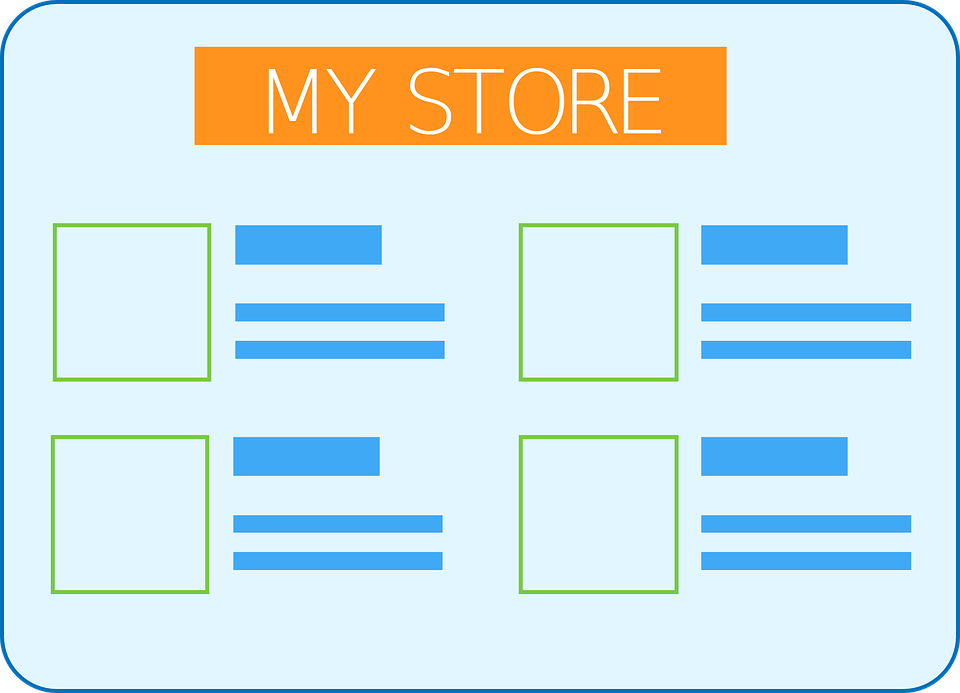
Setting up an online store from home isn’t easy. I know, I know; obvious statement of the year, right? Setting up any business from any location is hard. But people often underestimate the difficulties that come with this particular enterprise. That’s because a lot of e-commerce platforms want you to think that anyone can do it. But it takes a lot more hard work than they make out.
Still, that’s not to say it’s impossible. It’s very possible, and can be extremely rewarding.
The work-from-home attitude
When you work from home, you need to have the right ethic and approach. And by that, I mean you have to have the sort of drive and discipline that you’d usually bring to any regular job. This, of course, is old news to anyone who works from home. But it’s important to realize that this all goes double now that you’re trying to run your own business.
You also need to remember to get the taxes set up correctly when you start this business. It is, after all, going to be a new source of income. The IRS, unfortunately, are going to want in on your scheme!

What you’re going to sell
It is, of course, not enough to decide to open up an online store. It’s not a dream you can fulfill if that’s your only goal. You need to figure out what you’re going to sell. Whether or not you can sell these items from home is going to have a massive effect on your business plan.
For many people wanting to start such an endeavor, the aim is to sell their own products. Perhaps they make their own clothes. Maybe they write novels and short stories that they’d like to sell online. When you create the products in your own home, everything is much simpler. But what if you want to sell bulkier items, items that can be mass-produced?
Thankfully, there are lots of ways in which you can find these types of suppliers. You’ll almost be acting like a sort of middleperson between the supplier and the buyer. This, of course, is how most stores operate. (Except, of course, that the products don’t enter your hub of business.) But it’s important to ask yourself if you want your business to be an intermediary business. If the answer is yes, then you have to be careful when it comes to choosing the supplier you wish to work with.

This, of course, doesn’t mean that developing your own products from home doesn’t have its own complications.
Testing
When you run any business from home, it can tend to be a little isolating. Some people like that. Others don’t like it so much. But this is all especially true when you’re running a one-person business. But the thing is about online stores is that you need to be able to test the products you’re selling. And the best way to go about that is to get a second opinion.

Of course, you can test a product by yourself. There are definitely products out there that simply need a basic functionality check. But what if you’re selling something that you can’t simply trust your own opinion of? What if you’re selling, say, a food product? In that case, it’s best to get someone from the outside world to help you test out a product before you start advertising, selling, and shipping. You could, of course, employ people to do this while still running the business from home. But if you’re determined to keep this as a one-person operation, you still won’t want to skip more independent testing. See if a friend will help you out.
The platform you’ll use
It’s here that you need to ask yourself a good question, and to be completely honest in the answer. Do you want to start a business from the ground up, or do you want to use another platform to sell your products? Let’s say you design your own clothes and accessories. You could set up a new online store, build your own infrastructure, and get all the profits. Or, you could use an established site like Etsy to sell those items.
Many people start off by selling their items through such established e-commerce channels. This is a good way of gauging how much demand there is for your product. After all, creating a new online store from the ground-up is no easy task.

Still, that’s not to suggest that you are completely on your own when it comes to building it. You can use tailored e-commerce platforms that work as plugins to your own website. This is probably the best way to go about it if you’re setting up a new online store. Be sure to research thoroughly in order to find the best e-commerce platform for you. You may decide, one day, to drop it and build your own platform altogether. But you may also find that it will work out best for you indefinitely.
Adding a personal touch
When you run an online store from home, you can allow your business to have a more personal touch. Look at the big online retailers. I’m thinking of places like Amazon, eBay, or any of the online platforms of the big street brands. They may be beautifully designed; they may even look unique and fitting to their brand. But it’s hard to find any that seem to have a more personal touch.

If you’re on your own in this endeavor, you may have the luxury of doing just this. Because people won’t often see themselves as buying these products from a company. They’ll see themselves as buying the products from you; which, of course, is true. So make a name for yourself. Get a blog going and start updating people on your business and your projects. Send emails to your customers thanking them for their custom and giving them general updates.
You may even want to consider getting an “About Me” page up on the website. Of course, you may prefer to use the term “Us” if you don’t want it to be so you-centric. But if you are happy for the customers to know about you personally, then set up a page and let the people know more; maybe even include a few photos. This can also help them trust your business more.
Find a Home-Based Business to Start-Up >>> Hundreds of Business Listings.














































